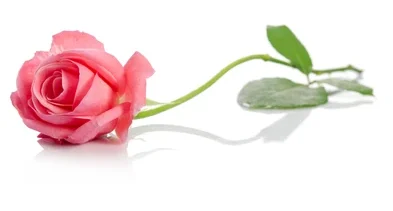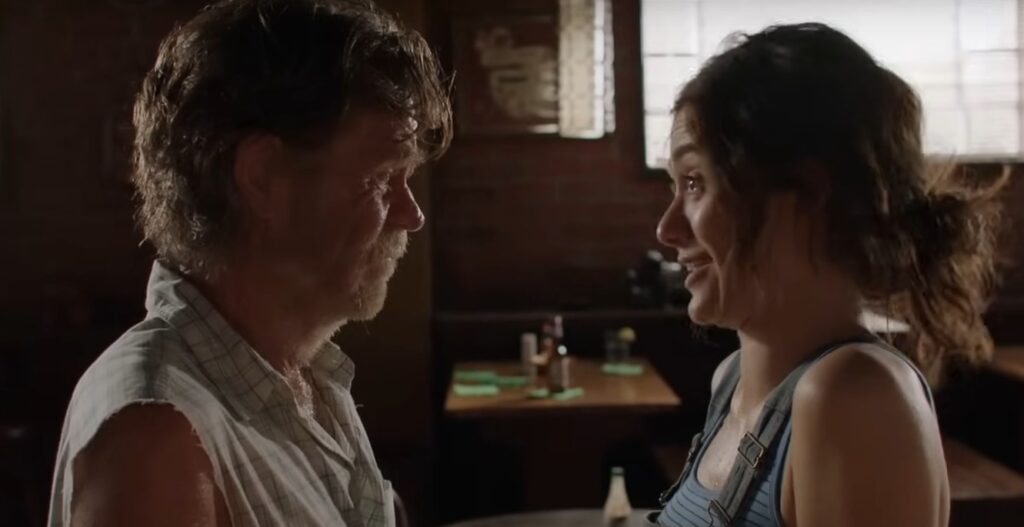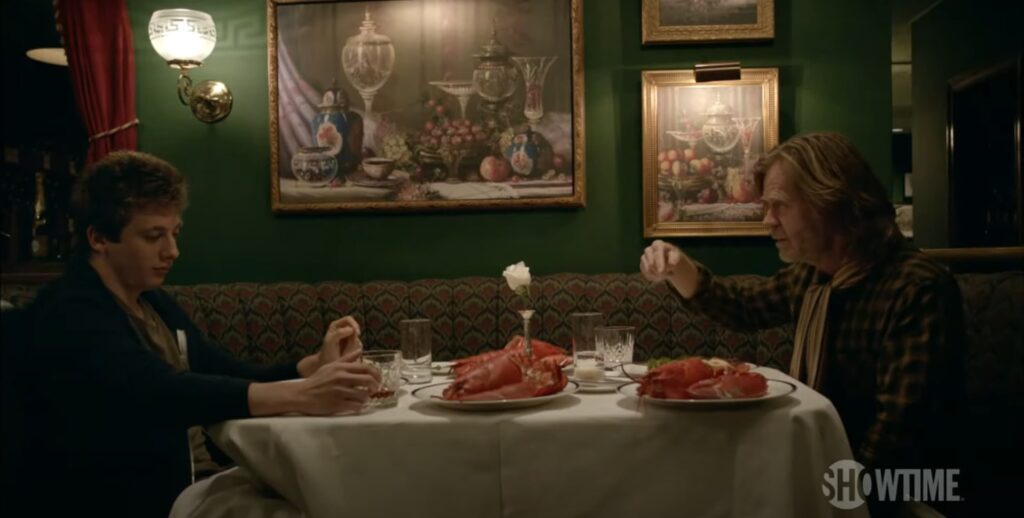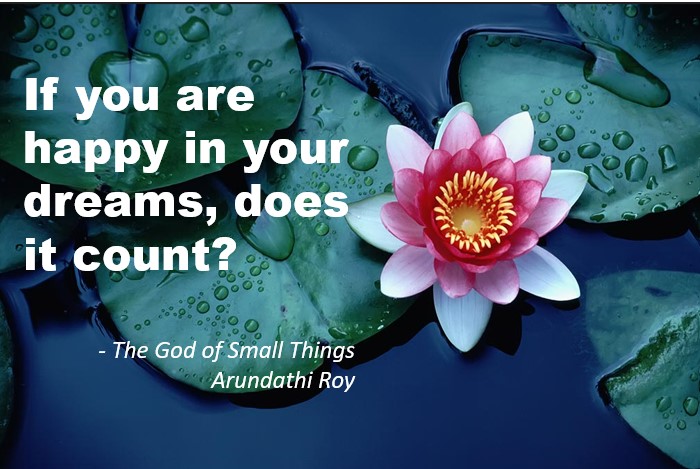Introduction: The Ambitious Rose and A Shameless Frank
One of the first challenges to my conventional wisdom came when, still a child, I was taught Khalil Gibran’s short story ‘The Ambitious Violet’ in school. The protagonist of the story was a lowly violet flower which requests mother nature to let it be a rose, if only for a day. Nature begrudgingly grants its wish with a warning – “if calamity befalls you, your complaint must be to yourself.” Unsurprisingly, calamity does befall – and the rose is destroyed by the tempest while its humble lowly violet brothers survive close to the ground.

I don’t know if it was my Indian sensibilities or something else – but I expected the moral of the story to be in the lines of – ‘be happy with what you have’. So when the rose, in place of remorse, claims satisfaction instead for ‘extending my knowledge to a world beyond the narrow cavern of my birth’ – as it died with ‘a smile of fulfilment of hope and purpose in Life… a smile of victory’ – I was fascinated enough to remember the argument. As I grew older, I have also come to appreciate it.

Well, Francis “Frank” Gallagher, the protagonist of Shameless, was no rose. Nor did he ever aspire to be. He was a lowly pathetic creature who intended to live life as a lowly pathetic creature. Nothing to do with any purpose/meaning of life whatsoever. However, a parallel can be drawn with the rose of Gibran’s story – in his convictions about the rightness of the choices he made – irrespective of the outcome of his life. And I found this ambitious lack of ambition equally fascinating.
‘You are supposed to ask people on their deathbed if they wished they worked more or spent time more with their family, me?! Hell! I wished I partied more.
Will I, in time, also come to appreciate Frank’s philosophy like I did the rose’s? I am quite sure I will not. But’s let’s discuss it any way!
Quick Synopsis:
Shameless follows the schemes and struggles of Frank Gallagher and his 6 Gallagher children – Fiona, Lip (Phillip), Ian, Debbie, Carl and Liam – who try to survive under the shadow of the addict Frank – while dealing with addictions and disorders of their own.
Discussion:
The very very few times, when Frank does advise his kids (and is not secretly trying to rip them off) – there is a consistent theme to his advice. Live life to the fullest!
In isolation, Frank philosophy about life wouldn’t be difficult to defend. Mix it with his persuasive charisma – and that makes for much of the comedy in the show. But it would take only a fraction of the severity of circumstance where Frank’s choices were made – that they seem not only poor but unfathomably bad.
In one sense, Frank was not at all the protagonist of the show but, at best, an frustrating presence, his family – the real protagonists, had to contend with. The older siblings – Fiona and Lip generally had learnt to deal with it – with cynicism, indifference and simply assuming the worst. That didn’t prevent them from hurt every so often. But a lot of the initial pathos of the show comes as the younger siblings learn the hard way that Frank will always disappoint them – for instance, when Frank convinces Carl he has cancer, or advises Debbie to pimp herself or when he simply loses the toddler Liam in a bet.
When we are not laughing at the absurdity of these situations and the great comedy that goes with it – we just keep pinning our hopes on every other responsible adult that passes through the kids’ life – hoping they pull them out of their shithole existence. As the kids grow up over the course of the 11 seasons, the lack of good parenting turns each of them into extremely flawed adults – with addictions of their own.
But every so often the show keeps coming back to Frank’s philosophy of life. In none of these situation – neither the viewers nor Frank’s kids however leave much regard to it. This isn’t surprising as despite all his ramblings about leading a satisfactory life, Frank was not necessarily a happy man – and almost always cut a pathetic figure.
Was Frank Happy?



Frank was arguably happy when he was drunk and high – and he was drunk and high often – so by the law of deductive reasoning – he was happy often. But we need to dig deeper. Let us weigh his happiness as he himself defines it – ‘to be happy in the moment’
Without getting into the technicalities, Frank will fit somewhere in the broader Nihilist – Existentialist – Absurdist school of philosophy. Frank primarily responds to life’s absurdity with hedonism.
‘Alcohol was created to distract us from existential dread’
Frank existed in two states – drunk and high, not drunk and high – but working towards arranging to be drunk and high.
When trying to get drunk, and not getting his way – he was prone to anger, self-pity and a sense of victimhood. Being smart, he was able to rationalize his bad choices and put blame on others for his situations. During the very few instances, when he was not trying to get drunk – he was often dealing with guilt for his immediate actions or his broader life – “I am tired of missing things”.
It’s a different story when he is drunk –
- When he is drunk, but remained in control of his faculties – he did have fun, but his satisfaction is almost always immediately overcome by his greed – as he starts thinking of his next scheme to maximize his current stay only for it to backfire.
- The more interesting case is when his is blackout drunk. In these moments let’s assume that he is happy. [To rephrase Arundathi Roy’s question – If you are happy when blackout drunk, does it count?]
- Let’s take an example – Frank wins a big settlement from an injury and parties so hard that he loses all his money in a single night. He was certainly having fun – even if next day he remembers nothing. But what he has also forgotten is that to win this ‘happiness’ had to actually break his leg! Surely the risk-reward doesn’t fit right, right?
I can quote countless such instances when Frank wasn’t happy or satisfied with his life. But still, that is not how he remembered his life – and was able to look at it with satisfaction. So, my argument surely mean nothing to him. Perhaps, like Sisyphus, I must also imagine Frank happy.
The Problem with Hedonism
It presents diminishing returns on scale in the moment – and any effort to maximize it end up in dissatisfaction and unhappiness

Post Script: Father Frank, Full of Grace

(Has Spoilers)
In season 8, after his wife Monica dies – and after smoking ten thousand dollars worth of Monica’s meth, Frank rationalizes and pins all his personality flaws on his wife – and decide to becomes St. Francis – an upstanding citizen. Obviously, the sainthood doesn’t last long – but Frank did seem not drunk, but still happy during those few episodes.
*Or maybe it was simply because, after the last few seasons’ misery porn vibes, the show decided to become sitcom-esque for a while.